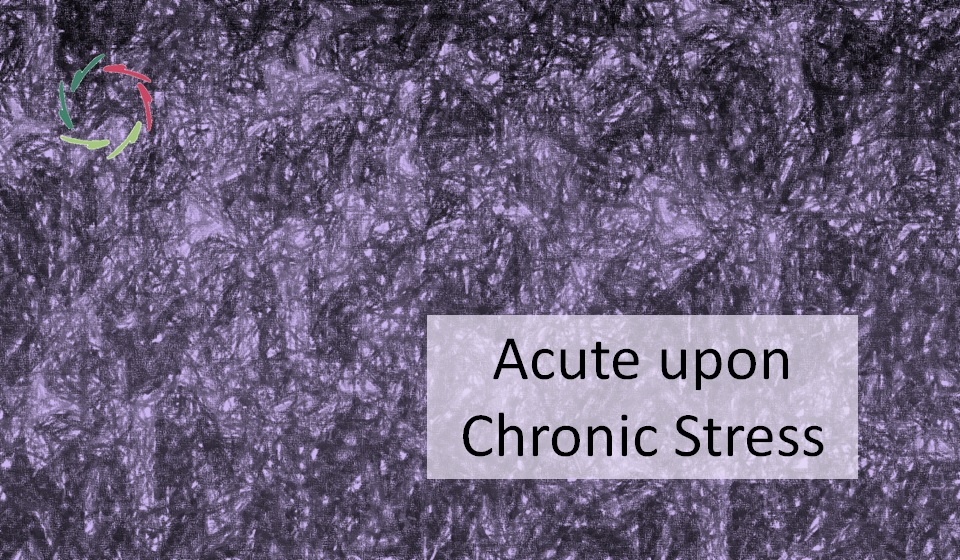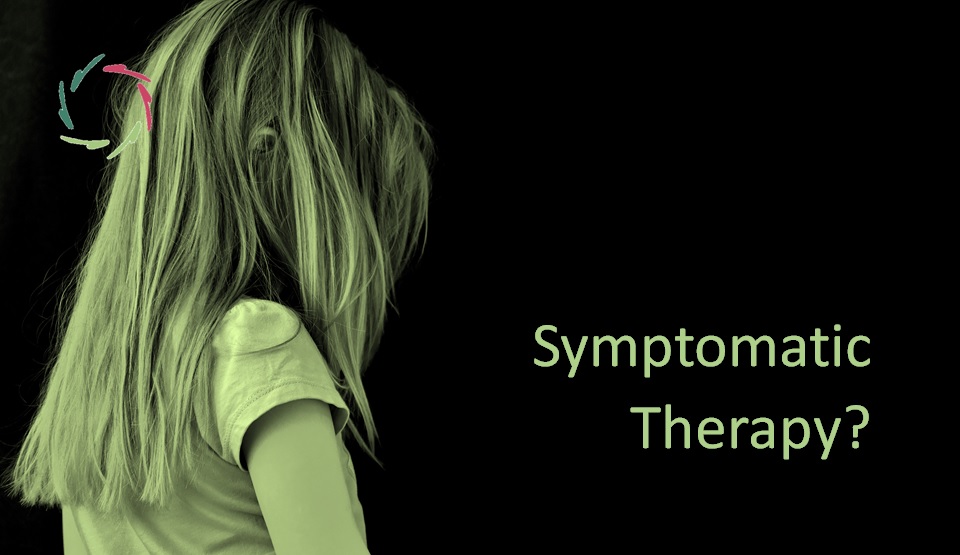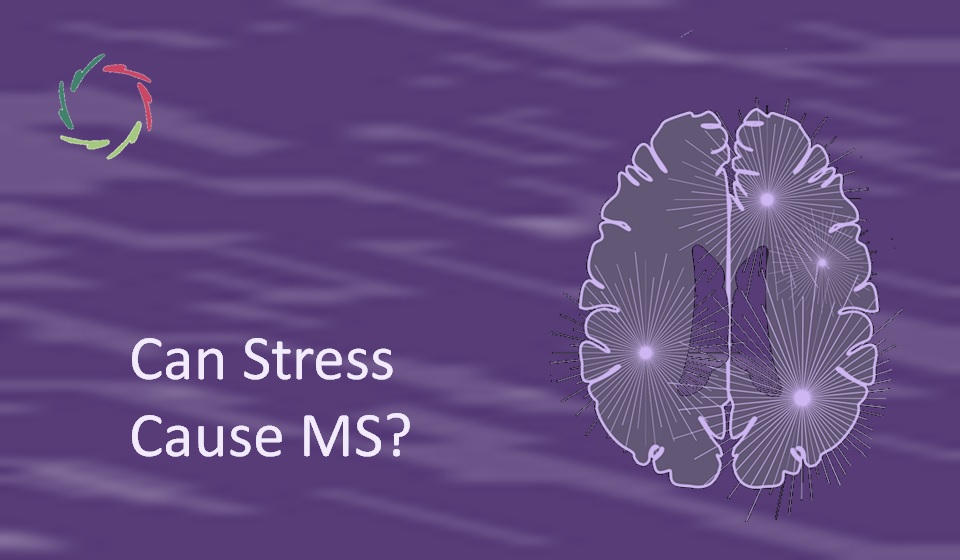Acute upon Chronic Stress

With a particular emphasis on the immune/inflammatory system — both kinds of stress together (modulated by many factors) can be significantly more damaging than their sum.
This is, at present, a logical intuition, worthy of further scientific investigation. There is much vagueness to get through.
Vaguenesses
Of course, ‘stress’ is a vague – although pretty meaningful – concept to start with. So are cognitive and affective responses to acute stress that may influence pro-inflammatory reactivity. Such responses are also standing – vaguely – in a mutually influencing relationship with a history of chronic stress. On top of that, chronic (pro)-inflammation may – vaguely – affect any pertinent mental factor.
Also vague is the timeline between acute (minutes, hours) and chronic (years). What about days, weeks, months? Are there huge interpersonal differences between what can be seen as acute versus chronic?
As to acute and chronic stress assessments, questionnaires are intrinsically vague, especially concerning the deep – therefore, relevant – meanings people can accord to words and even concepts ― especially for describing something like stress. ‘Scientific validity’ can be a dense smokescreen.
As to biomarkers
Stress biomarkers (such as salivary cortisol) can be put in numbers, but these are also only vaguely related to what already-vague-stress means to an individual.
On the other hand, biomarkers of immune function and inflammation are also calculable. They are a step on the way to tangible effects. Also, they are very complex, but we are slowly getting through the mazes.
The (future) road out of vagueness
Abstractly seen, we need two things:
- correct (relevant) features, distinguished as to their applicable level of preciseness.
- proper ways to correlate these features with each other so as to discern pragmatically useful patterns.
Science is slowly progressing toward these, but still from pretty far. Fortunately, we are living in an exciting time of rapidly progressing A.I. With all its challenges, the good news is that A.I.-means can bring us closer to ourselves and our needs for health and meaningfulness ― the latter two being more closely related to each other than is generally thought.
Influence of acute stress and its subjective and objective modulators upon the immune/inflammatory system
This influence has been scientifically proven ― no doubt. The following are just a few random quotes among many (with boldface on influences of acute stress – italics see below):
- “Although the literature is limited, several inflammatory markers (including IL-1β, TNF-α, and IL-6) have been reliably determined from saliva and have increased significantly in response to stress across multiple studies, with effect sizes ranging from very small to very large.” [1]
- “Our data show that acute (CO2) stress affects endocrine, immune and metabolic functions in humans, and they show that mood plays a causal role in the modulation of responses to acute stress.” [2]
- “Maintenance of a positive outlook during acute stress protects against pro-inflammatory reactivity and future depressive symptoms.” [3]
- “Perceived discrimination is associated with the inflammatory response to acute laboratory stress in women at risk for cardiovascular disease.” [4]
- “Emerging evidence suggests that acute psychological stress modulates inflammatory competence; however, not all findings are consistent. Gender is one factor that may impact magnitude of response.” [5]
- “These findings demonstrated that acute psychological stress affects [immune biomarkers] LPS-stimulated IL-6 and TNF-a gene expression. These results also indicate that BMI may impact the effects of psychological stress on cytokine responses to immune challenge.” [6]
- “Psychological stress triggers inflammatory activity and affective-cognitive changes that play a critical role in the onset, maintenance, and recurrence of depression.” [7]
- “This study indicates that inflammatory cytokines respond to acute mental stress in humans with delayed increases and suggest that individual differences in cytokine responses are associated with sympathetic reactivity.” [8]
Chronic stress ― a predisposing factor
In propitious circumstances, acute stress may boost the immune response, resulting in a positive outcome. Contrary to this, chronic stress generally leads to chronic inflammation in a health diminishing way. Moreover, it may deplete the organism’s defense mechanisms in such a way that acute stress comes as an onslaught. Rather than stirring up the immune system to a positive response, the same acute stress then breaches the wall. Even more, chronic stress may sensitize the immune system to react more to acute stress ― leading to a devastating overshoot such as a cytokine storm.
Thus, studying acute stress indiscriminately with and without chronic stress may cancel out its effects, with the risk of showing either no effect or a wide range of effectivity depending on relatively minor differences in study design or accompanying cognitions. The above phrases in italics are exemplifying.
As yet, we know little about the effect of acute-upon-chronic stress.
Vaguenesses galore. Of course, this doesn’t mean there is no reality hidden underneath. Most of what we do know points to the pertinence of the latter ― clearly already IF we dare to move beyond some arcane philosophical remnants. The above boldface phrases are exemplifying.
Meanwhile, we may be overlooking something of extreme importance in this regard.
A broader stress lesson
Stress is complex. The immune system is complex ― as is the brain, of course. We need to take into account relevant distinctions within these complexities. If not, we risk missing highly relevant possibilities to foster many people’s health by blending critical differences into an indiscriminate mass.
As said, we have in A.I. – say, Lisa, for instance – a new tool with which we can more profoundly search for such distinctions than ever before. This is an opportunity that we should take on as widely as possible. This way, we will be able to find, indeed, the relevant features and proper correlations towards what really counts. This will eventually enable us to let vagueness dissolve like a mist before sunshine.
We will finally have a good look at ourselves and at what causes us stress, pain, and lots of other mayhem.
This will undoubtedly – among many other things – essentially change the whole of healthcare, making it more Compassionate and, through this, also more sustainable.
Already, we can foresee an increasing prevalence of acute-upon-chronic stress situations in the future, for which this will be highly relevant.
Bibliography
[1] Slavish DC, Graham-Engeland JE, Smyth JM, Engeland CG. Salivary markers of inflammation in response to acute stress. Brain Behav Immun. 2015;44:253–269.
[2] Koelsch S, Boehlig A, Hohenadel M, Nitsche I, Bauer K, Sack U. The impact of acute stress on hormones and cytokines, and how their recovery is affected by music-evoked positive mood. Sci Rep. 2016;6:23008. Published 2016 Mar 29.
[3] Aschbacher K, Epel E, Wolkowitz OM, Prather AA, Puterman E, Dhabhar FS. Maintenance of a positive outlook during acute stress protects against pro-inflammatory reactivity and future depressive symptoms. Brain Behav Immun. 2012;26(2):346–352.
[4] Saban KL, Mathews HL, Bryant FB, et al. Perceived discrimination is associated with the inflammatory response to acute laboratory stress in women at risk for cardiovascular disease. Brain Behav Immun. 2018;73:625–632.
[5] Prather AA, Carroll JE, Fury JM, McDade KK, Ross D, Marsland AL. Gender differences in stimulated cytokine production following acute psychological stress. Brain Behav Immun. 2009;23(5):622–628.
[6] Huang CJ, Stewart JK, Franco RL, et al. LPS-stimulated tumor necrosis factor-alpha and interleukin-6 mRNA and cytokine responses following acute psychological stress. Psychoneuroendocrinology. 2011;36(10):1553–1561.
[7] Maydych V. The Interplay Between Stress, Inflammation, and Emotional Attention: Relevance for Depression. Front Neurosci. 2019;13:384. Published 2019 Apr 24.
[8] Steptoe A, Willemsen G, Owen N, Flower L, Mohamed-Ali V. Acute mental stress elicits delayed increases in circulating inflammatory cytokine levels. Clin Sci (Lond). 2001;101(2):185–192.


